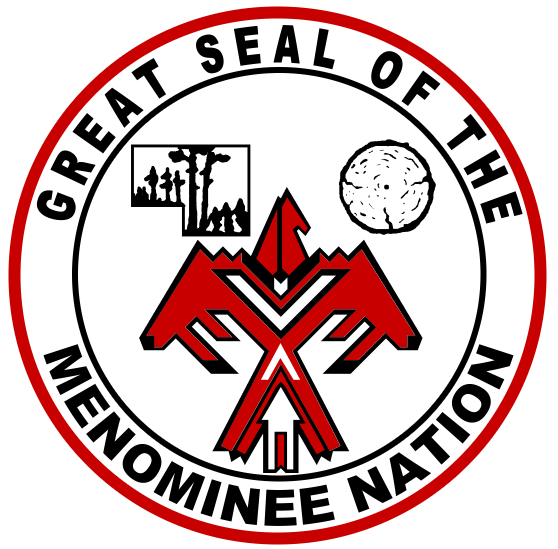National Museum of the American Indian Celebrates Menominee Nation Cultural Day
The Smithsonian’s National Museum of the American Indian celebrates Menominee Nation Cultural Day, with traditional song, dance, drumming and storytelling Saturday, Dec. 10, from 11 a.m. to 2 p.m.
For thousands of years, the Menominee tribe has made its home in the region now known as Wisconsin, as well as parts of Michigan and Illinois, where it once occupied an estimated 10 million acres. At the mouth of the Menominee River, the tribe’s five clans—Bear, Eagle, Wolf, Moose and Crane—were created. Of the more than 235,000 acres the tribe occupies today, most of it consists of lakes, rivers, streams and forest—pristine natural resources that have remained important for the Menominee’s culture, economy and identity to this day. The name “Menominee” comes from the Ojibwe word manoominii, meaning “People of the Wild Rice,” as wild rice remains one of their most important staples.
At 11 a.m. in the museum’s Potomac Atrium, the Menominee drum group, Str8 Across, performs a welcome song and flag and victory song, followed by 11 intertribal dances that have been performed for centuries. Each performance will be followed by stories on the meaning and origins of each dance, which, as the group’s lead singer John Teller Jr. explains, evolved from traditional ceremonies celebrating everything from victory in battle to bountiful harvests to healing medicines. They include the Scalp Dance, performed only by female dancers to honor their warriors’ victory over the enemy; the Men’s Grass Dance, recalling the tufts of grass that warriors kept in their belts to spark fires on the prairie; and the Owl Dance—the story of four women approached by the Creator in the form of an owl and given medicines to help their people, among others.
“These dances are not just something we do for fun—which it is—it’s also part of our culture, part of our society,” Teller said. “Some came to the Menominee from other tribes, some originated with the Menominee tribe, but they’ve been performed for centuries. And it’s an honor and a privilege to be asked to come out to the National Museum to share a part of our culture.”
Another highlight of Menominee Nation Cultural Day, David Grignon, director of the Menominee Tribe’s Historic Preservation Office and a speaker of the Menominee language, will host two presentations about the tribe’s history and culture at 11:30 a.m. and 12:30 p.m. in the museum’s Rasmuson Theater. His topics will include the contemporary impact of 19th-century treaties, the tribe’s struggle against the federal government’s termination program in the 1940s and 50s and their ultimate victory in 1973 with the passage of the Menominee Restoration Act, which reinstated the community’s status as a sovereign nation.
“Menominee Nation Cultural Day” is co-sponsored by Master Key Consulting of Bethesda, Md., in celebration of its 10th anniversary as a leading Native American-owned firm.
# # #
SI-508-2011


